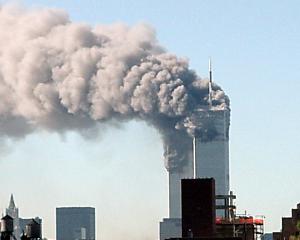"Documents handed over yesterday by the Syrian government look promising, according to team members, but further analysis, particularly of technical diagrams, will be necessary and some more questions remain to be answered," a UN statement said.
The international team consists of experts from the Organization for the Prohibition of Chemical Weapons in The Hague and United Nations personnel assisting them in their work. Last week, the UN Security Council unanimously demanded the elimination of Syria's chemical arsenal.
"The team hopes to begin onsite inspections and the initial disabling of equipment within the next week, but this depends on the outcome of the technical groups established with the participation of Syrian experts yesterday," the statement said.
The UN statement said the technical groups will focus on three tasks: verification of the information handed over by the Syrian government, the safety and security of the inspection teams, and practical arrangements for implementing the work plan.
Agreement on the plan to wipe out Syria's chemical weapons was reached after President Barack Obama asked Congress to approve air strikes to punish Syria's government over an Aug. 21 gas attack the United States says killed more than 1,400 people.
There was also optimism in Washington on Thursday about the plan's prospects, with some U.S. senators saying they felt encouraged after top Obama administration officials spent three hours briefing them on the situation in Syria.
"On the chemical side, at least on the part of the witnesses, there's some optimism that (the plan) will work," Senator Carl Levin, a Democrat and the chairman of the Senate Armed Services Committee, told reporters.
The chemical weapons plan and last week's Security Council resolution were based on a deal reached last month in Geneva by Russian Foreign Minister Sergei Lavrov and U.S. Secretary of State John Kerry.
The rebels and Syrian government blame each other for the Aug. 21 incident. The United States and other Western countries say a report by UN investigators indirectly implicates government-allied forces for the attack on a Damascus suburb.
The United Nations has been notified of at least 14 chemical attacks since the 2 1/2-year civil war began. It estimates more than 100,000 people have died since the uprising against Syrian President Bashar al-Assad began in March 2011.
Russia, a staunch ally and arms supplier of Assad, also blames the rebels for the Aug. 21 attack.











